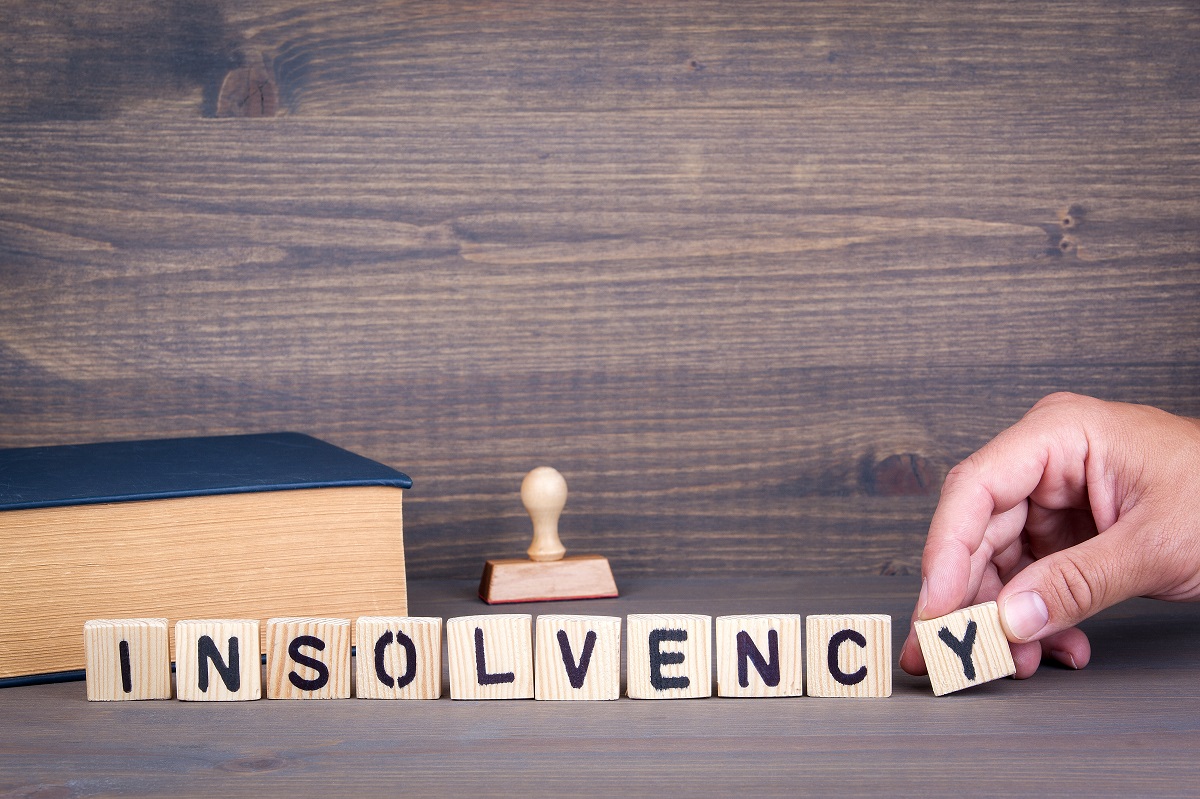The Ultimate Guide To Insolvency Practitioner
The Ultimate Guide To Insolvency Practitioner
Blog Article
The Insolvency Practitioner Statements
Table of ContentsThe 10-Second Trick For Insolvency PractitionerThe Buzz on Insolvency Practitioner9 Easy Facts About Insolvency Practitioner DescribedAbout Insolvency PractitionerWhat Does Insolvency Practitioner Do?
Whether you need to use an insolvency professional (IP) to liquidate your business relies on numerous variables. While engaging an insolvency specialist for all kinds of liquidation is not a legal requirement, doing so can typically streamline the process and make certain compliance with lawful demands. Liquidating a firm is a critical choice that features substantial repercussions.
It is a procedure utilized when a business does not have any type of lenders, or all of their financial institutions can be repaid completely with legal interest. Recognizing the different sorts of insolvency processes can help you establish the finest course of activity for your company's liquidation or various other formal insolvency procedures itself.
This is obligatory in order to comply with lawful demands - Insolvency Practitioner. This is since IPs have the needed certifications and experience to ensure that the liquidation process is performed in accordance with all suitable regulations and regulations. By engaging an accredited bankruptcy professional, you can have peace of mind understanding that your firm's liquidation process will be managed properly and in conformity with the appropriate lawful needs
Get This Report on Insolvency Practitioner
The bankruptcy practitioner is assigned as a liquidator and is accountable for taking care of the company and liquidator's financial obligations outstanding liabilities and properties. This procedure includes liquidating the business's assets and dispersing the profits to lenders. Upon completion of the procedure, the business is removed from the register at Companies House.
Stopping working to do so can cause individual liability for the company or director for the lender's financial obligations. Voluntary liquidation, that includes Lenders' Volunteer Liquidation (CVL) and Participants' Voluntary Liquidation (MVL), is initiated by the business's directors and investors when they can no more pay their financial debts. In a CVL, the insolvency professional is marked as the liquidator, accountable for taking care of firm debts and all firm assets.

The Greatest Guide To Insolvency Practitioner
By examining the competence and experience of prospective bankruptcy professionals, you can ensure that you choose an expert who possesses the needed qualifications to manage your firm's liquidation process effectively. While insolvency practitioner-led liquidation is usually the most ideal course of action for business facing insolvency, there are alternate approaches to take into consideration, such as striking off and partial liquidation.
It's necessary to review all offered options before selecting the next best remedy or strategy for your organization. Striking off business' signs up is a more uncomplicated and cost-effective method to close inactive or little business without debts or assets. To strike visit this site right here off a firm, its name is gotten rid of from the Companies Home register by submitting type DS01.
Prior to choosing striking off, it's essential to evaluate the advantages and drawbacks of this technique and take into consideration whether it's the ideal option for your business. Partial liquidation is another alternative to bankruptcy practitioner-led liquidation, wherein a firm liquidates certain possessions and responsibilities while remaining to operate with the continuing to be properties and obligations.
An Insolvency Practitioner will certainly be able to encourage you of the best course of action to take and make certain that every little thing runs efficiently. Regrettably, it is not feasible to liquidate a business without a liquidator. Selecting an authorised insolvency professional is needed for the process of volunteer liquidation to start.
Insolvency Practitioner - Questions
It is feasible to shut and liquidate your firm without utilizing a liquidator, offered your firm is solvent and you meet the qualification demands to dissolve or liquidate it. If your company is bankrupt, you may be needed to make use of a liquidator and start formal insolvency procedures. Right here are some various other helpful write-ups relating to firm liquidation in the UK:.
Being in a setting where you're not able to pay your firm's lenders is extremely demanding. In an attempt helpful resources to stay clear of boosting the degree of debt, numerous companies try to negotiate directly with their financial institutions and consent to a casual plan. If the financial debt is quite tiny and owed to one lender, and the lender is being participating, entering right into an informal debt arrangement is possibly the best remedy, instead of looking the web for 'a bankruptcy professional near me'.
On the other hand, if there are numerous creditors and the degree of financial debt is huge, creditors may not be so ready or participating. In order to stay clear of liquidation or personal bankruptcy, it is much better to work with an insolvency specialist to create official propositions and negotiate with financial institutions on your behalf.
The Ultimate Guide To Insolvency Practitioner
Whilst it is a means to manage financial obligation, there are substantial threats involved with this type of financial debt setup - Insolvency Practitioner. If a creditor wants to participate in an informal arrangement (IA) where the borrower has actually accepted make article source routine, if lower, payments to pay back the financial obligation, it's important to stay with the contract

For that reason, the creditor is within their rights to back out of the agreement and request the courts for your business to be sold off at any moment. An official plan that has actually been proposed by an insolvency practitioner on your part, and agreed by a creditor, gives a much safer choice.
Report this page